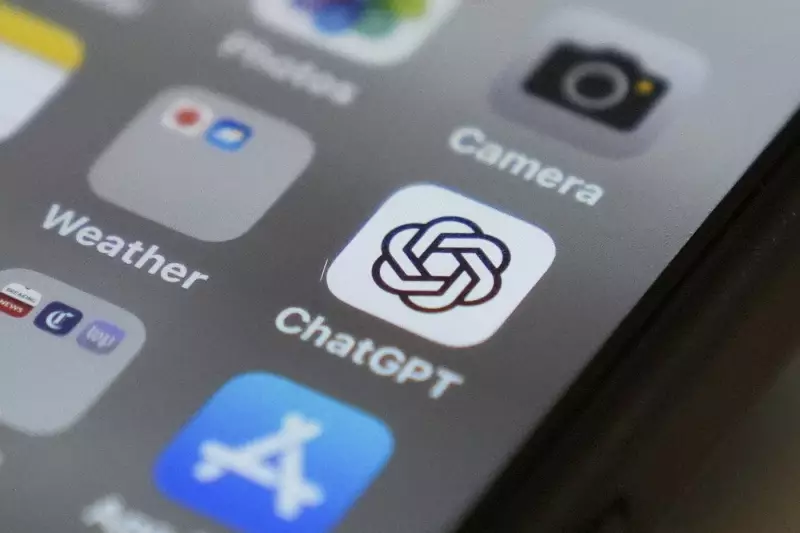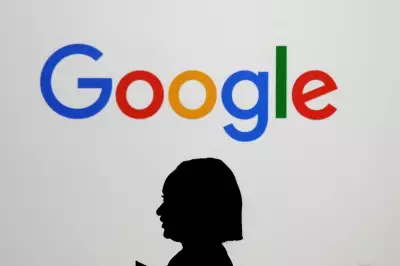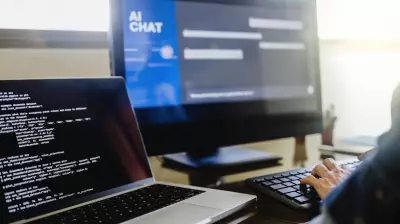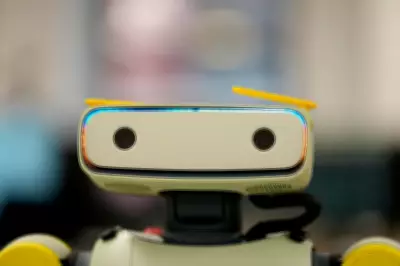
OpenAI has officially drawn a line in the sand for its popular ChatGPT service, implementing new restrictions that prevent users from seeking customized legal or medical guidance through the AI platform.
The artificial intelligence company confirmed that it's actively blocking prompts designed to generate specific legal documents or provide personalized medical recommendations. This move represents a significant shift in how OpenAI is positioning its technology amid growing concerns about AI's limitations in specialized professional fields.
Why the Restrictions Matter
While ChatGPT can still provide general information about legal concepts or medical conditions, the days of asking it to draft a specific contract for your business or diagnose your symptoms are over. The restrictions target what OpenAI calls "tailored" advice - responses customized to an individual's unique circumstances that could have serious real-world consequences if incorrect.
This decision highlights the growing recognition that even advanced AI systems like ChatGPT lack the nuanced understanding, current specialized knowledge, and professional judgment required for sensitive domains like healthcare and law.
The Safety First Approach
OpenAI's move reflects a cautious approach to AI deployment, prioritizing user safety over functionality. The company acknowledges that while AI can be a powerful tool for information gathering, it shouldn't replace professional consultation in matters where errors could lead to legal liability, health complications, or financial loss.
This restriction also protects OpenAI from potential legal challenges that could arise if users relied on AI-generated advice that resulted in negative outcomes. It's a proactive measure that sets clearer boundaries for what users should and shouldn't expect from conversational AI.
What Users Can Still Do
Despite the new limitations, ChatGPT remains available for:
- General legal information and concept explanations
- Basic medical knowledge and health education
- Research assistance for academic or professional purposes
- Document review and analysis (without specific legal advice)
- Health and wellness information (without diagnosis or treatment plans)
The key distinction is that users will receive general information rather than personalized recommendations tailored to their specific situation.
The Future of AI in Professional Fields
This development raises important questions about how AI will ultimately integrate into professional services. While the technology shows promise as a research and assistance tool, OpenAI's restrictions acknowledge that human expertise remains essential in fields requiring licensure, specialized training, and professional accountability.
As AI continues to evolve, we're likely to see more clearly defined boundaries between what machines can help with and where human professionals must take the lead.





